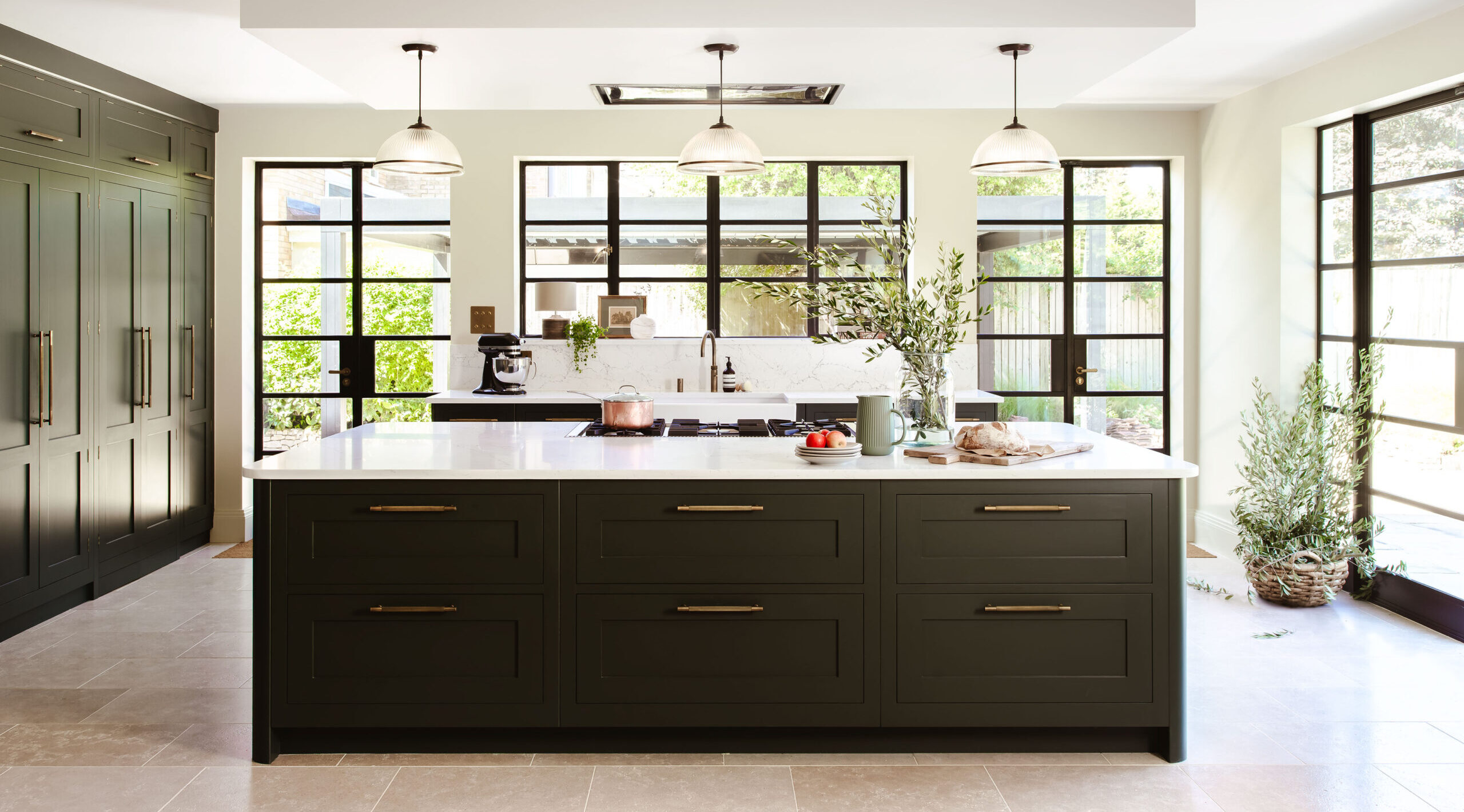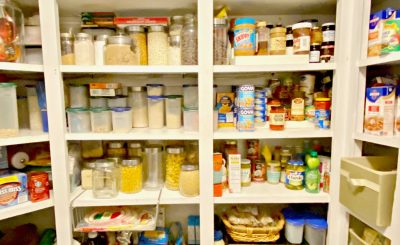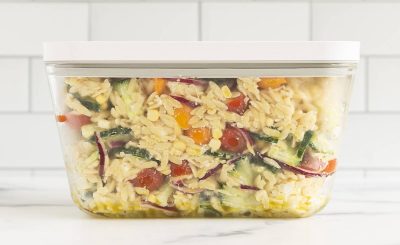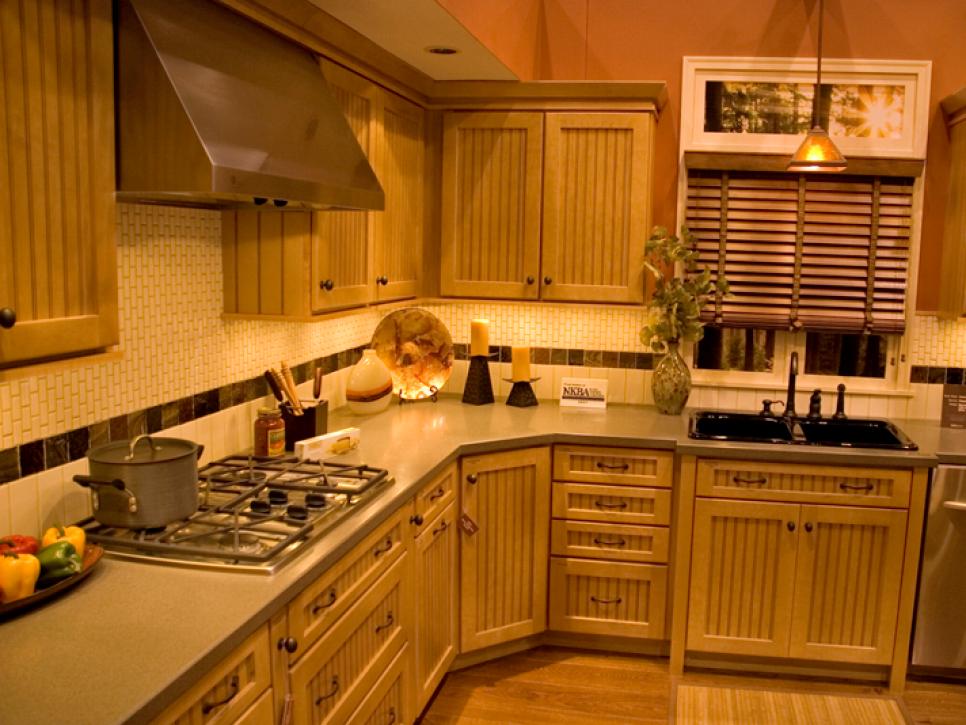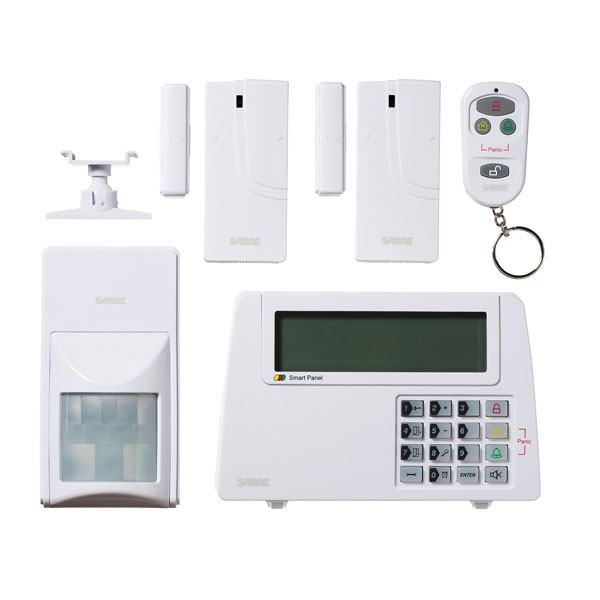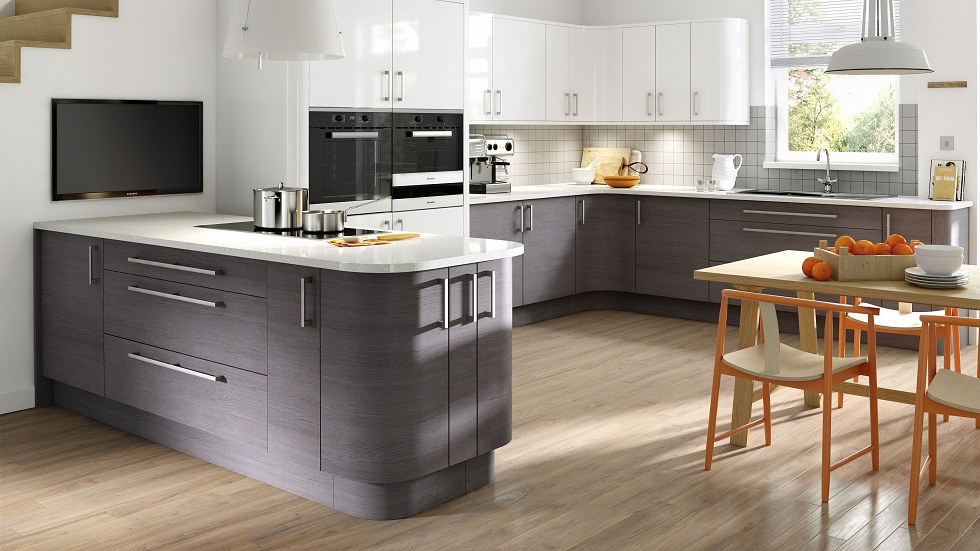Living in a city apartment doesn’t mean you have to abandon your eco-friendly dreams. Honestly, it’s quite the opposite. A smaller space can be a powerful advantage. Think of your kitchen not just as a room, but as the very heart of your personal ecosystem—a place where small, intentional shifts create a massive ripple effect.
You know, sustainability here isn’t about perfection. It’s about progress. It’s about making choices that feel good, save you money, and lighten your footprint on this crowded planet. Let’s dive into the practical, everyday changes that truly add up.
The Urban Kitchen Ecosystem: Rethinking Your Routine
The journey begins with a simple mindset shift. See your kitchen as a cycle, not a line. Instead of “buy, use, toss,” we aim for “borrow, use, reuse, compost.” This simple reframe changes everything.
The Golden Rule: Conquer Food Waste
Food waste is a huge problem, and for apartment dwellers, it often boils down to one thing: space. We overbuy because we fear running out. But with a little strategy, you can turn that around.
Embrace the “First In, First Out” method. When you unpack groceries, move the older items to the front. It sounds obvious, but it’s a game-changer for preventing those science experiments in the back of your fridge.
Get creative with scraps. Those vegetable peels, onion ends, and herb stems? Toss them in a freezer bag. Once it’s full, you’ve got the perfect base for a homemade vegetable broth. It’s free flavor, and it keeps waste out of the landfill.
And what about composting in an apartment? Well, it’s totally doable. You don’t need a backyard.
- Countertop Composters: Sleek, sealed containers that hold a day or two of scraps. No smell, I promise.
- Worm Farms (Vermicomposting): A compact bin with red wiggler worms that quietly munch through your waste. It’s a fascinating, odor-free system perfect for a balcony or even under the sink.
- Community Drop-Offs: Many cities now have drop-off locations at farmers’ markets or community gardens. A weekly trip can become a pleasant ritual.
Shopping Smart: Your Zero-Waste Arsenal
How you shop sets the stage for everything that happens in your kitchen. The goal here is to reduce packaging before it even enters your home.
Invest in a set of reusable produce bags. Those flimsy plastic ones at the grocery store are used for minutes before being tossed for centuries. Mesh or cloth bags are light, washable, and utterly simple.
Find a bulk food store near you. Bring your own jars and containers (many stores will tare them, meaning they subtract the weight of your container at checkout). You can buy exactly the amount of rice, pasta, lentils, or nuts you need. This is a fantastic way to save money and plastic.
And don’t forget a sturdy, reusable water bottle and coffee cup. That daily latte in a disposable cup? It adds up to a staggering amount of waste. A keep-cup is a tiny habit with an outsized impact.
Energy and Water: The Silent Resource Savers
In an apartment, you might not control your major appliances. But you control how you use them. Small actions lead to lower bills and a lighter conscience.
When cooking, match your pot size to the burner. A small pot on a large burner wastes an incredible amount of heat. And always, always use a lid. It traps heat, slashing cooking time and energy use.
Become best friends with your microwave, toaster oven, or air fryer for smaller meals. They use significantly less energy than heating up a full-sized oven. It’s one of the easiest apartment energy saving tips out there.
As for water… fix that drip. A leaky faucet is more than an annoyance; it’s gallons of wasted water. And when washing dishes by hand, don’t let the tap run. Fill one basin with soapy water and another with rinse water. It’s old-school, but it works.
Ditching the Disposables: A New Way to Clean
This is where you can make a visual, tangible difference overnight. Swap out the single-use items for their reusable counterparts.
| Swap This… | For This… |
| Paper Towels | Cotton Rags or Unpaper Towels |
| Plastic Sponges | Wooden Brushes or Loofahs |
| Plastic Wrap | Beeswax Wraps or Silicone Lids |
| Aluminum Foil | Reusable Baking Mats |
Making your own cleaning supplies is another powerful step. A simple spray bottle filled with equal parts water and white vinegar makes a brilliant all-purpose cleaner. Add a few drops of essential oil for a fresh scent. It’s non-toxic, cheap, and eliminates countless plastic bottles.
Storage and Mindful Consumption
How you store food directly impacts how long it lasts. Get to know your fridge’s zones—the crisper drawers are designed to maintain specific humidity levels for your produce.
Invest in a set of glass containers. They don’t stain, they’re easy to clean, and you can see what’s inside, which prevents food from being forgotten. They’re also oven-safe, so you can store, reheat, and even cook in the same dish.
Before you shop, make a meal plan. It doesn’t have to be rigid. Just a rough outline of a few dinners for the week. This prevents those aimless, expensive grocery trips where you buy things you don’t need. Shop your pantry first. You’d be surprised what meals you can create from what you already have.
A Final Thought: It’s a Practice, Not a Prize
Sustainable living in a small urban kitchen isn’t about achieving a state of zero-waste purity. That’s an impossible standard. It’s a practice. A series of conscious choices made again and again.
Start with one thing. Maybe it’s buying a reusable coffee cup. Or maybe it’s just saving your veggie scraps for broth. Master that, then add another. Each small victory builds momentum. Each jar filled from the bulk bin, each rag used instead of a paper towel, is a quiet act of rebellion against a throwaway culture.
Your apartment kitchen, with its limited square footage, is the perfect place to prove that impact isn’t about the size of your space, but the intention behind your actions.


